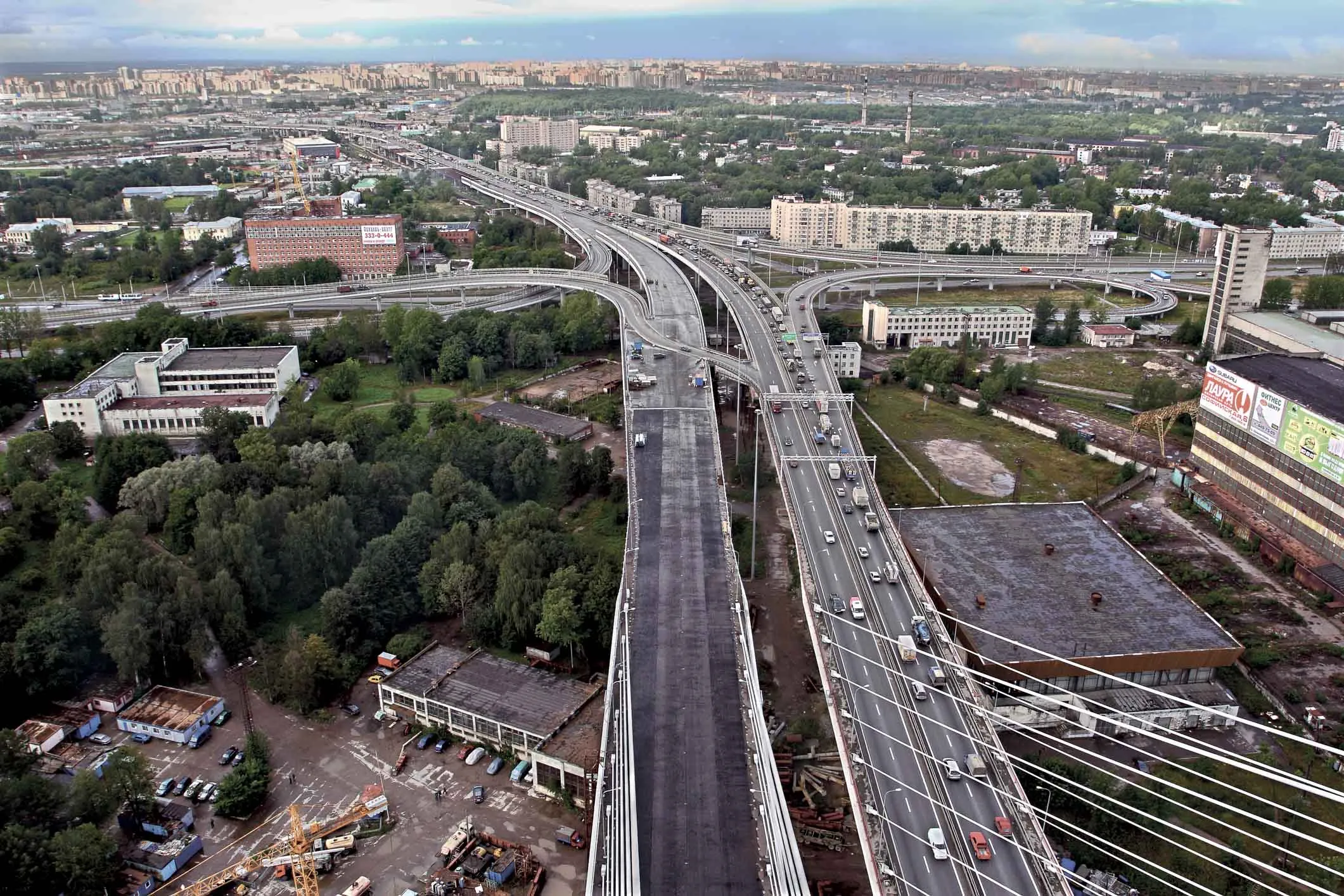Argentina's smart highway network plan, Red Federal de Autopistas en la Argentina (RFA), has still to be implemented.
March 1, 2012
Read time: 1 min
Argentina's smart highway network plan, Red Federal de Autopistas en la Argentina (RFA), has still to be implemented. The plan was initially presented to Argentina's Government in 1998 and there are concerns now that this programme to connect all the regional capitals in the country without the need for tolls or government investment may never be achieved.
The project was to require the construction of 13,500km of highways over a 10 year period. However this time deadline will expire at the end of 2011.
The cost of the RFA is estimated at US$27 billion but this would deliver significant benefits as journey times would be reduced by 30%, while there would be an estimated 20% savings on freight costs and accident rates would fall dramatically. The brunt of the cost for the programme would be borne through an increase in fuel taxation. However as yet there has been little progress.
The project was to require the construction of 13,500km of highways over a 10 year period. However this time deadline will expire at the end of 2011.
The cost of the RFA is estimated at US$27 billion but this would deliver significant benefits as journey times would be reduced by 30%, while there would be an estimated 20% savings on freight costs and accident rates would fall dramatically. The brunt of the cost for the programme would be borne through an increase in fuel taxation. However as yet there has been little progress.









